Bicester's #1 Body Transformation Centre
Discover Your Best Self with Personalised Nutrition, Fitness, Support In A Private Gym In Bicester

Unlocking the Secrets to Sustainable Weight Loss: Beyond the Basics
Are you tired of chasing fad diets and quick fixes that promise the world but deliver little? You're not alone.
In our journey towards better health and fitness, understanding the science of what really works can be transformative. This blog post is designed to dive deep into the practical and scientifically backed strategies that go beyond mere calorie counting.
From the nuanced understanding of 'True and Tracked Calories' to the strategic implementation of diet breaks, we're here to guide you through a comprehensive approach to losing weight effectively and maintaining it.
Navigating the landscape of weight loss can often feel like steering through a storm. With so many tools, methods, and pieces of advice available, it’s essential to focus on what truly matters—the foundational principles of caloric intake and expenditure, accurate tracking, and psychological sustainability.
Let's embark on this journey together, exploring how you can achieve and sustain your weight loss goals with precision and a balanced perspective.
1. Understanding True and Tracked Calories
True Calories refer to the precise amount of calories your body actually processes. The most accurate method for determining this is through a technique called doubled labelled water. This method involves drinking water marked with stable isotopes of hydrogen and oxygen.
By measuring how quickly these isotopes are expelled from the body, scientists can determine a person's energy intake and expenditure with high accuracy. However, this method is typically not accessible for everyday use due to its complexity and cost.
Tracked Calories, on the other hand, are what most people rely on to manage their diet. This involves using food scales, nutritional labels, and mobile tracking apps. However, several studies indicate that tracked calories can be significantly inaccurate due to user error, incorrectly reading food labels, and database errors in apps.
In fact, it's common for individuals to be off by 30-40% in their calorie tracking. Even professionals within the fitness and nutrition industry can err by 10-20%. This discrepancy means that if you are not seeing weight loss, despite tracking your intake meticulously, you might not actually be consuming the number of calories you have tracked.
2. Adjusting Your Calorie Balance
If your goal is to lose fat and you find the scale isn't budging, it might be time to adjust your calorie balance.
This can be achieved in three ways:
Consume Less: Cut down on your calorie intake by making smarter food choices or reducing portion sizes.
Move More: Increase your physical activity. This doesn’t just mean structured exercise; even small increases in daily movements can add up.
Combine Both: A balanced approach of modestly reducing calorie intake while increasing physical activity is often the most sustainable method.
3. The Importance of Diet Breaks
Continuously being in a calorie deficit can lead to hormonal imbalances and mental fatigue, which can sabotage long-term success. Introducing diet breaks—periods of 1-2 weeks where calories are increased to maintenance levels—can help reset your body’s hormones and give you a mental break.
This approach can make extended periods of calorie restriction (like 6, 8, 12, or even 16 weeks) more bearable and effective. The duration of these diet breaks can vary from person to person, based on individual needs and responses.
4. Implementing Effective Strategies for Weight Loss
Frequent, Smaller Meals: This can help in managing hunger better and maintaining stable energy levels throughout the day.
Hydration: Drinking adequate water is essential for metabolism and helps in reducing false hunger.
Macro-balanced Meals: Ensure that your meals have a good balance of proteins, fats, and carbohydrates. This helps with satiety.
Mindful Eating: Pay attention to what you eat, which can significantly help in reducing overeating. When you start tracking you might be surprised with the number of calories in certain foods you thought where "healthy".
Physical Activity: Regular exercise not only helps in creating a calorie deficit but also in maintaining muscle mass during weight loss. Maintaining muscle as we age becomes more important for health.
5. Long-Term Maintenance
Once you've reached your weight loss goals, the challenge shifts to maintaining that weight. This involves gradually increasing calorie intake to find a new maintenance level that doesn't cause weight gain, continuing with regular physical activity, and possibly setting new fitness goals to stay motivated.
By understanding the complexities of calorie tracking and incorporating strategic diet breaks, you can enhance your journey towards sustainable weight management.
This balanced approach not only aids in effective weight loss but also helps in maintaining your overall health and well-being in the long run.
If you feel you are just seeing the woman in the red dress, we can see the code in the matrix (when it comes to fat/weight loss), book a call with a coach by clicking here


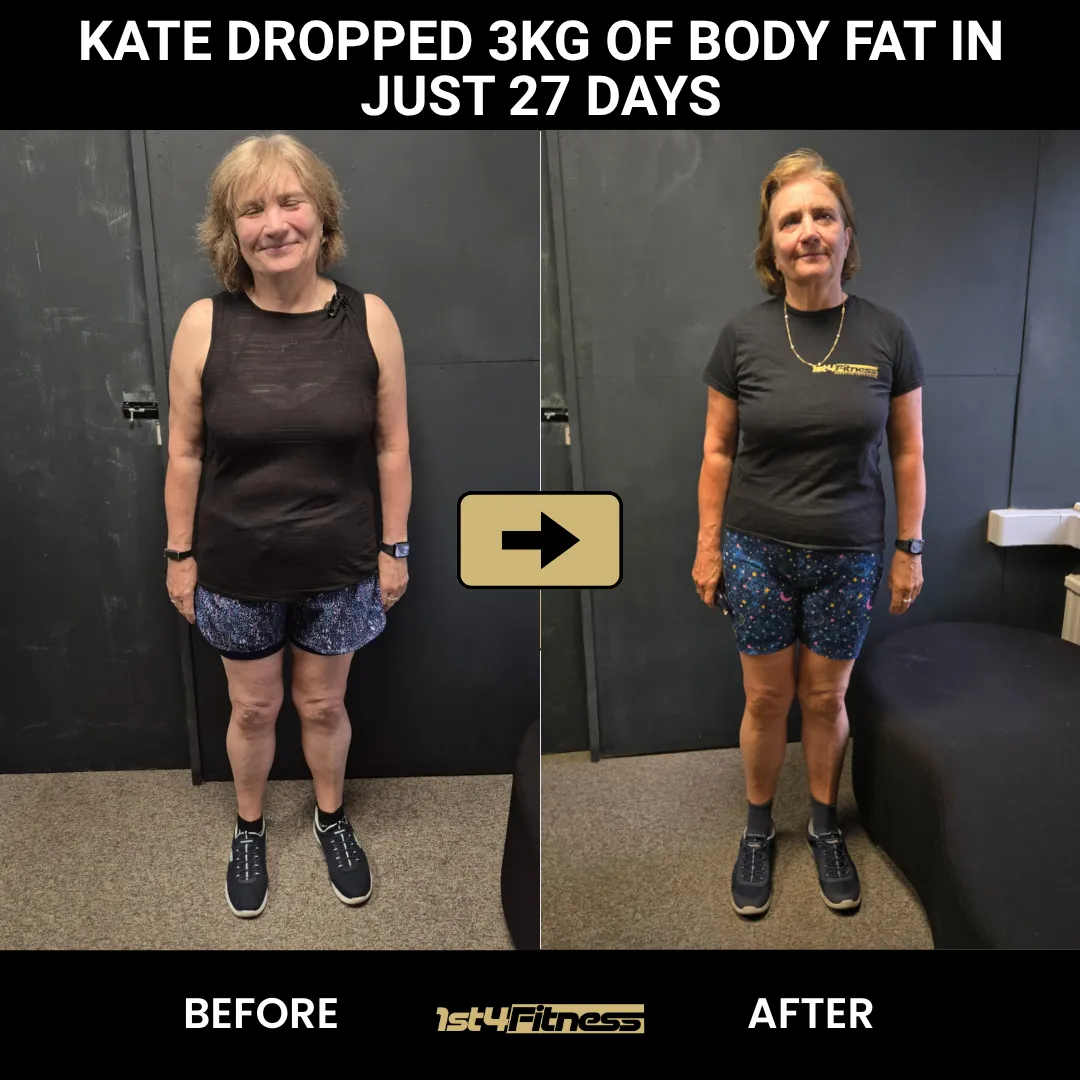
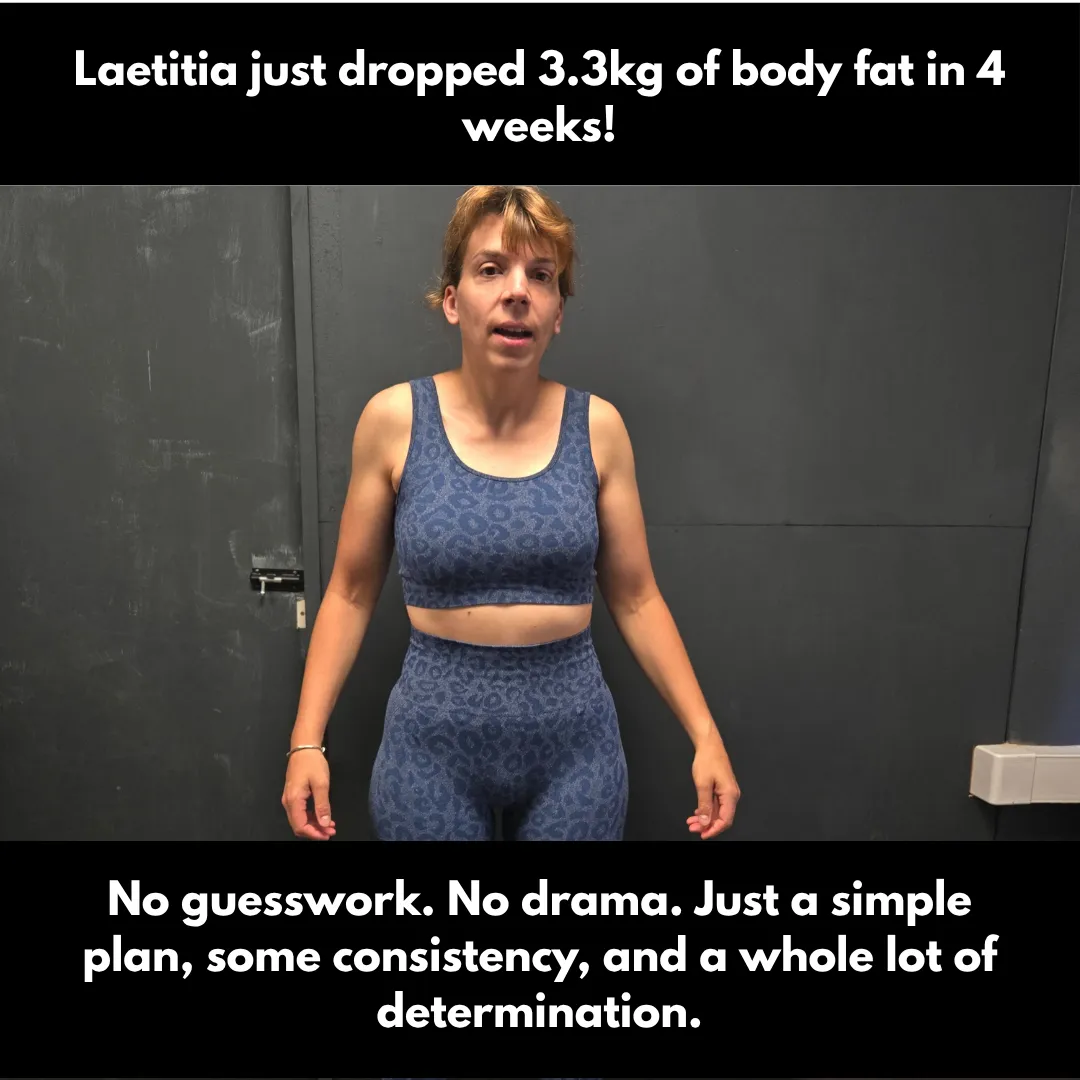
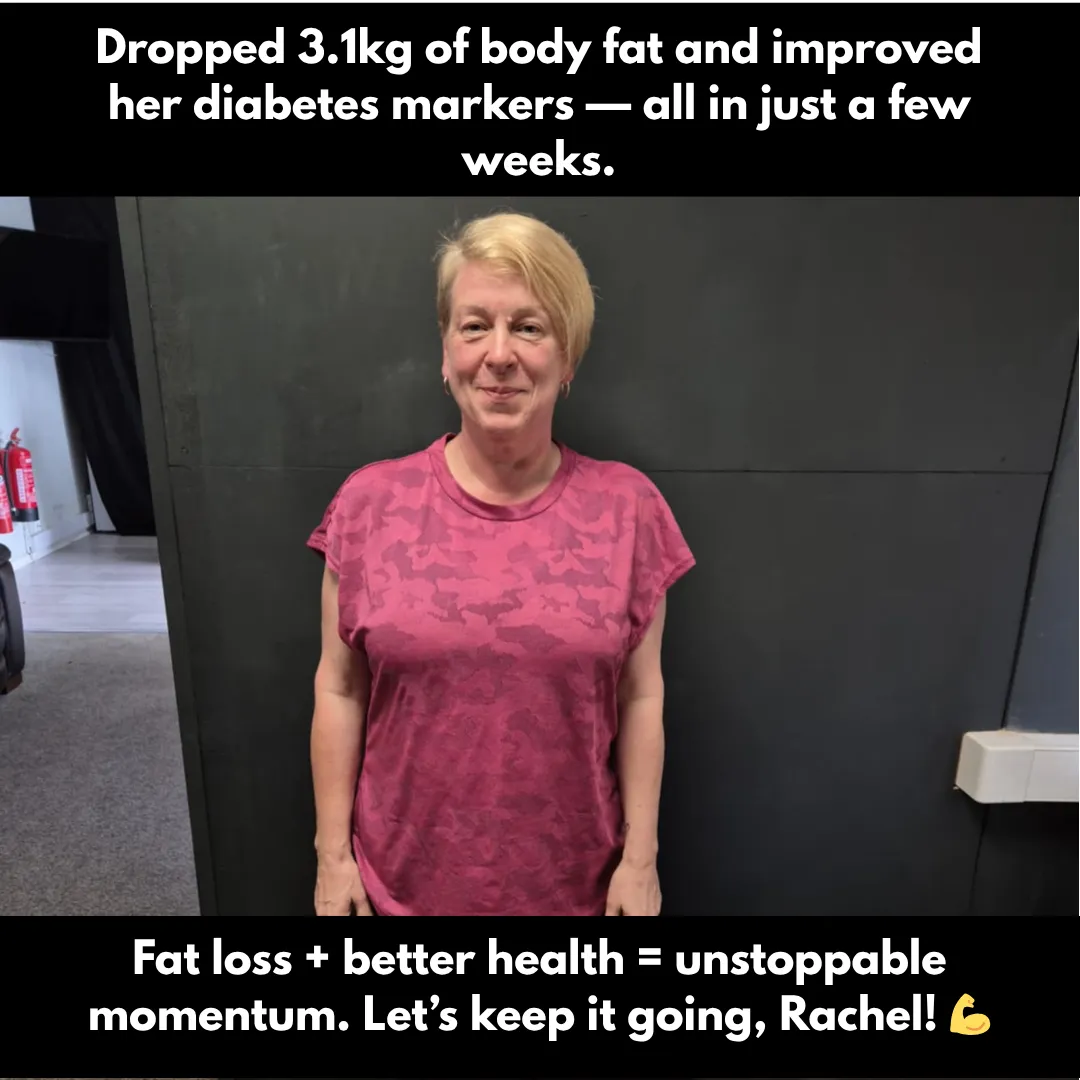
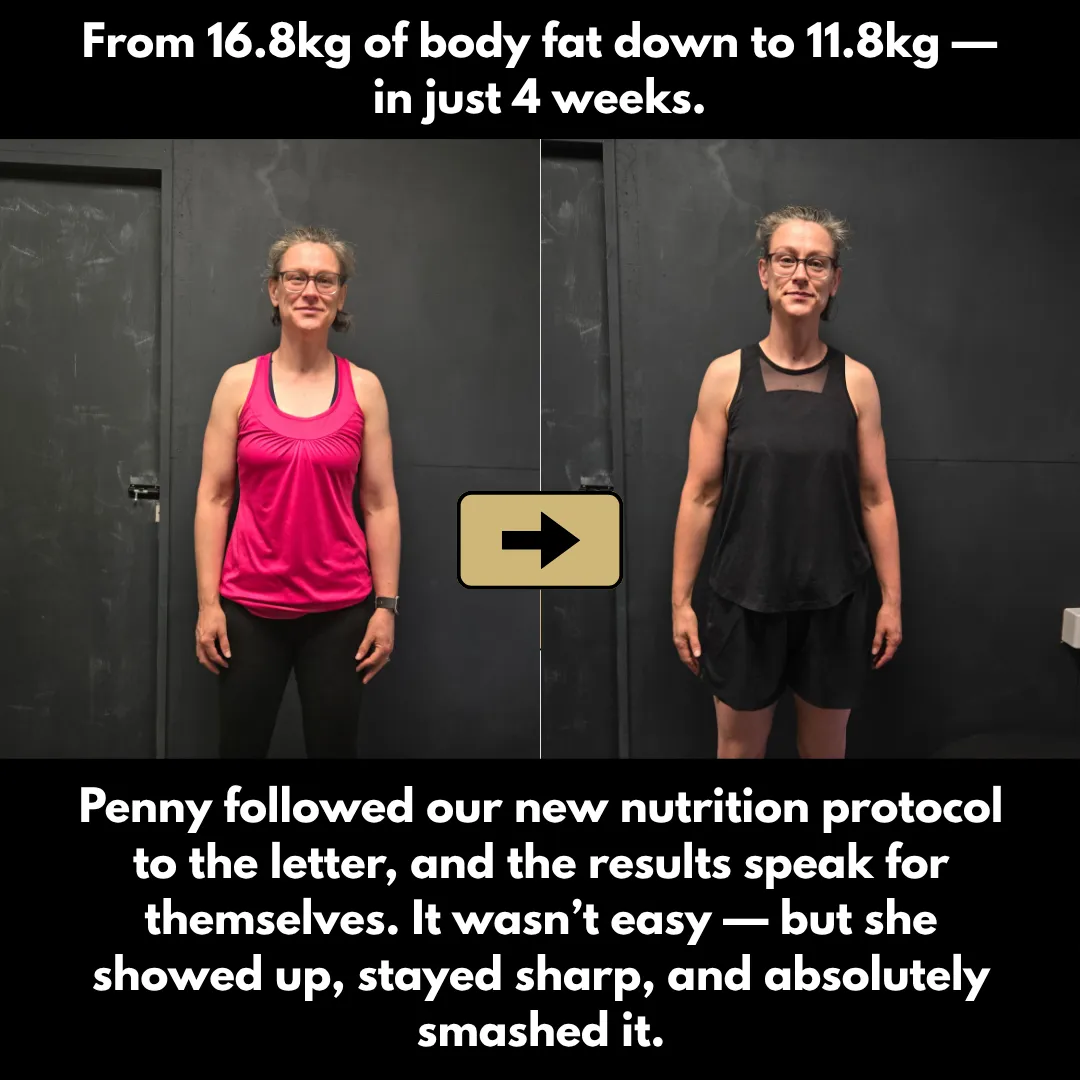



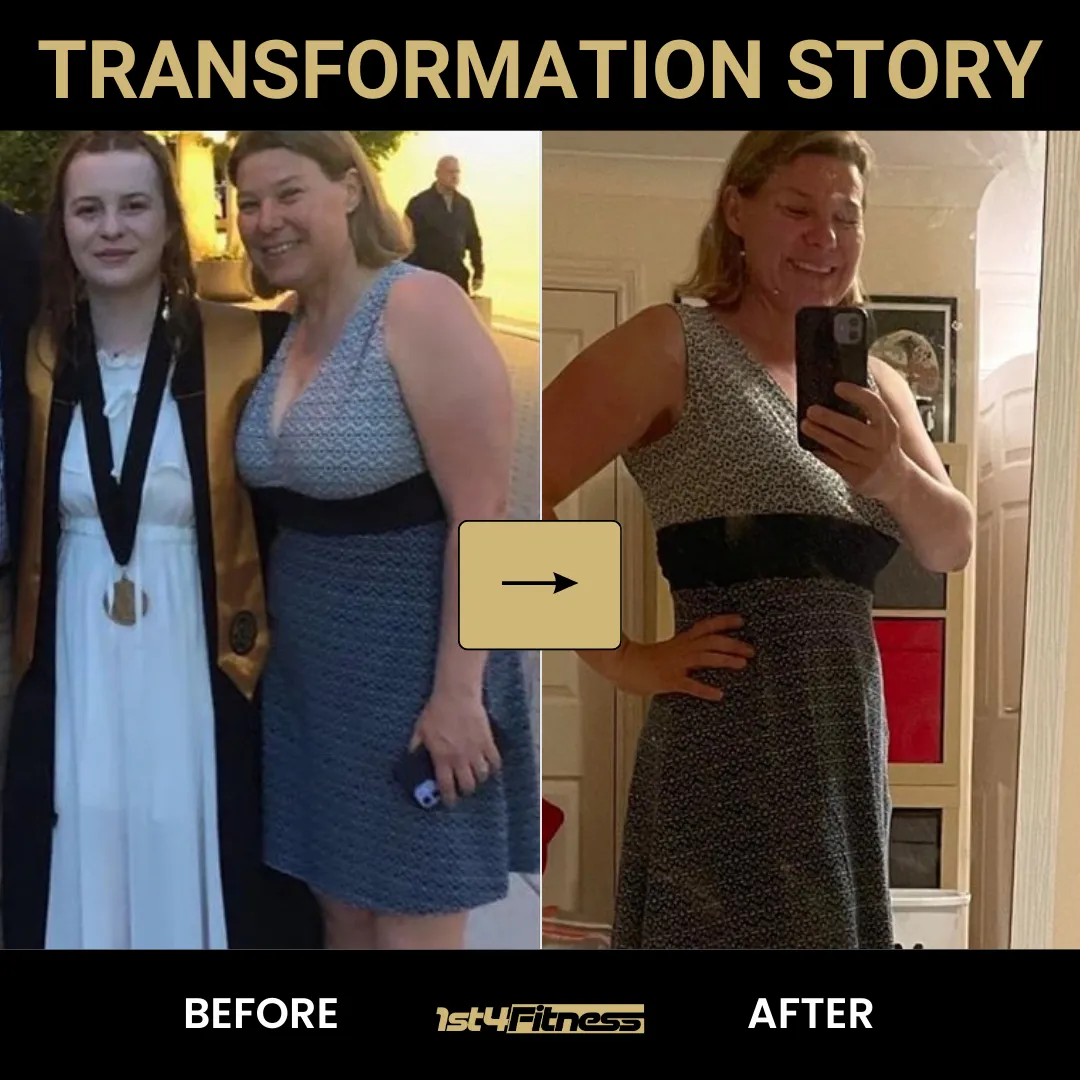

12 Month Transformation


Copyright 2026 | 1st4Fitness LTD | All Rights Reserved | Privacy Policy | Terms & Conditions


